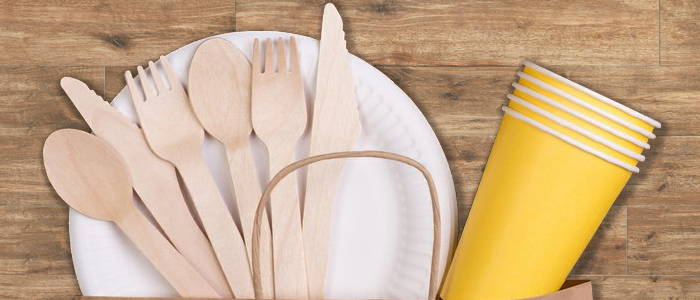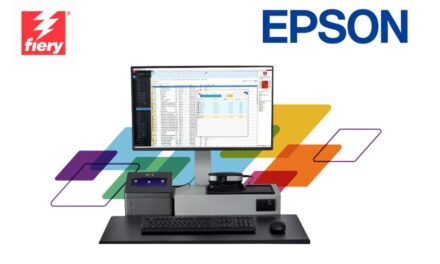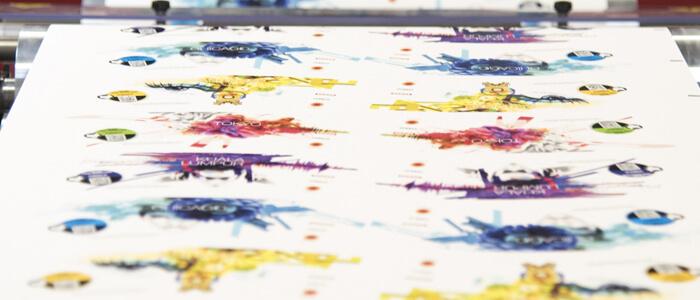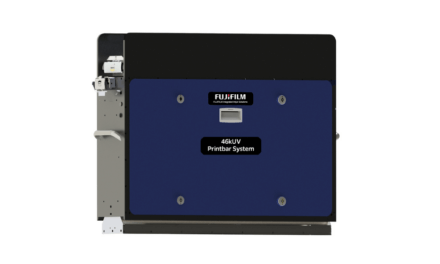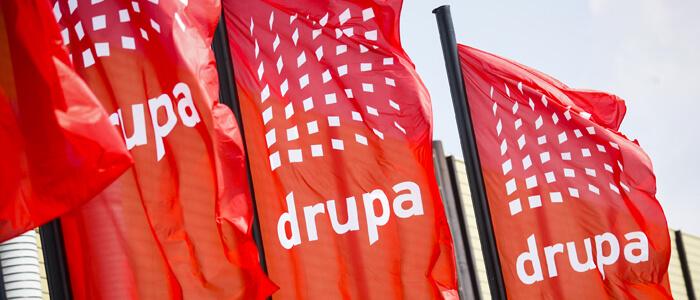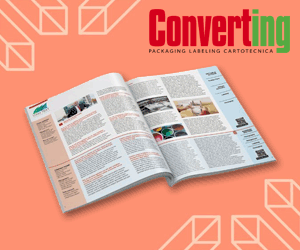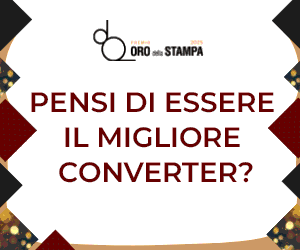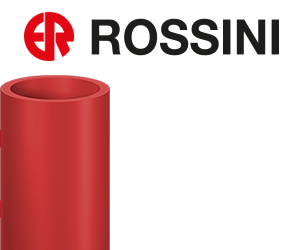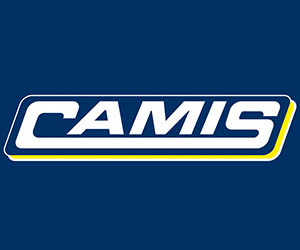Study challenges common perception that reusable tableware has lower environmental impacts.
A study released by the European Paper Packaging Association (EPPA) reveals that single-use paper-based food and drink packaging used in European quick service restaurants is better for the environment than reusable tableware.The Life Cycle Assessment (LCA) has been carried by Ramboll, the independent Danish consultants to the European Commission, and certified by TUV.
The study used current primary data from the paper, packaging and foodservice industries to compare the environmental performance over a year of typical disposable and reusable food and drink containers used in a quick-service restaurant for in-store consumption.
The Ramboll Life Cycle Assessment (LCA) found that, assuming realistic usage over a year, the energy consumption involved in the use phase of reusable plastic and traditional crockery, during in-store or out-sourced washing and drying, outweighed the environmental impact of single-use paper dishes. The baseline report reveals that reusable tableware generated 177% more CO2-e emissions than the paper-based single-use system, consumed 267% more freshwater, produced 132% more fine particulates matter, increased fossil depletion by 238% and terrestrial acidification by 72%
“The main issues with reusables is the energy and water they consume during washing and drying to ensure they are hygienic and safe for reuse by customers, and this is also confirmed when the most efficient dishwashing technologies are applied. This means that single-use is better for the climate and does not aggravate the problems of water stress, now a growing issue in many European countries”, said Mr. Antonio D’Amato, President of EPPA.
Hans van Schaik, Managing Director of EPPA, said: “Ramboll’s research shows that favouring reusable dishes in quick-service restaurants would lead to significant detrimental impacts on climate change, freshwater consumption, fossil depletion, fine particulate matter formation and terrestrial acidification in the Europe, compared to single-use tableware solutions”.
100 per cent of existing single-use paper tableware manufactured by EPPA members and used in Europe are sourced from sustainably managed forests. Paper and board is the most recycled packaging material in Europe with a rate of around 86% (Eurostat 2017).
The European Commission’s flagship Green Deal policy aims to achieve carbon neutrality by 2050, and insists on Life Cycle Assessments of products demonstrating their environmental performance before adopting a preferred direction, at a time when key legislation around packaging and packaging waste, and single use is being discussed (i.e. the SUPD Guidelines are expected to be released in the upcoming weeks)
This LCA meets ISO standards and has been independently assessed by Germany’s TÜV (Technischer Überwachungsverein). While a number of LCA studies have been carried out over time on multiple-use products, the Ramboll’s LCA relies on primary data from both public authorities and the private sector – as opposed to secondary data from outdated databases. The Ramboll’s LCA is also unique in its scope (EU 27 + 1).
TUV Agency, issuing the certificate of validity concerning the critical review, states that “All significant parameters are available and representative and have been systematically derived and duly assessed. All type of approvals have been checked. The assessments and the underlying data collection and calculation procedures are transparent and traceable”.
Mr Eric Le Lay, Deputy President of EPPA, continued: “Our study is based on updated primary data. Despite usual misconceptions due to lack of science-based evidence and system approach, it shows that reusables can carry significant environmental costs which are often forgotten, and that single-use food packaging is preferable for the environment, public health, and the achievement of EU Green Deal goals”.
To view the LCA Study (Executive Summary), please click here.
To view the LCA Infographic, please click here.

